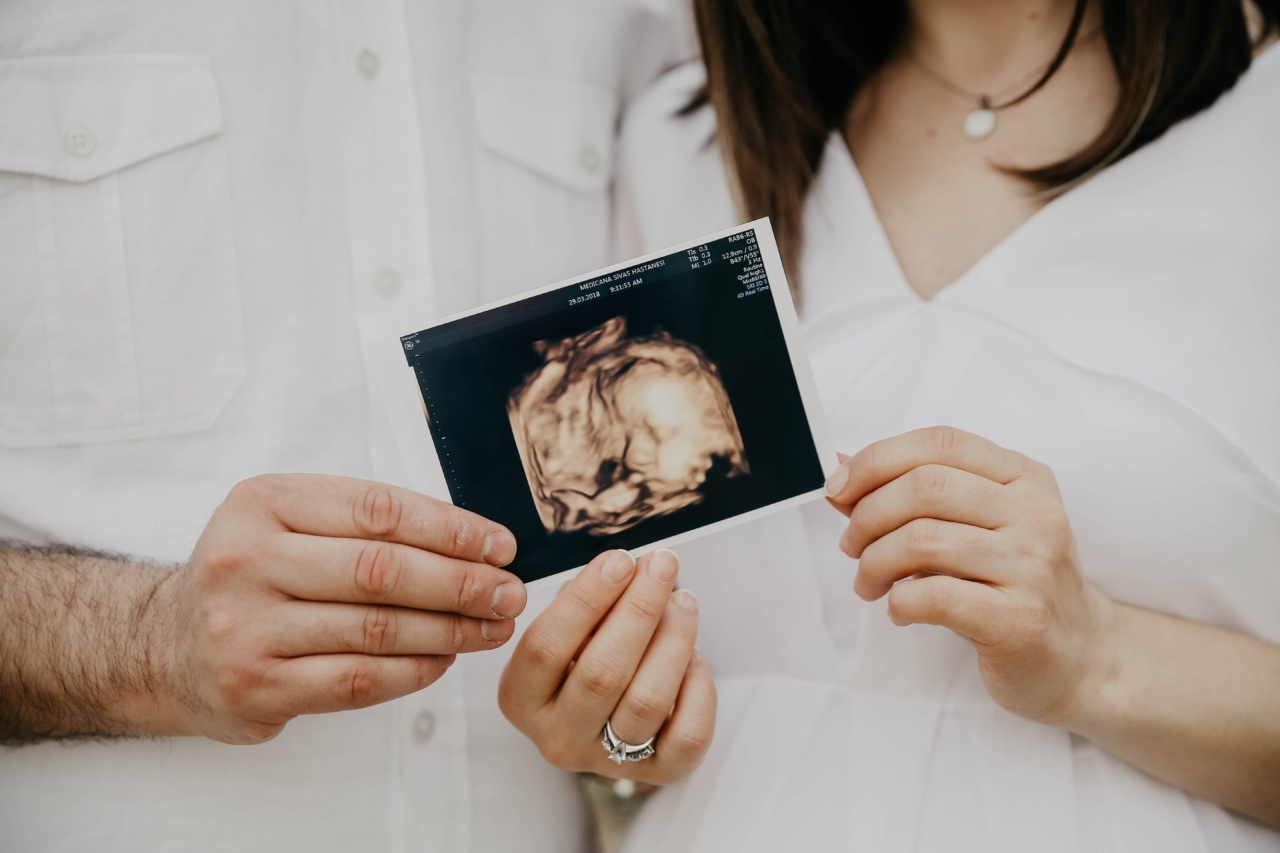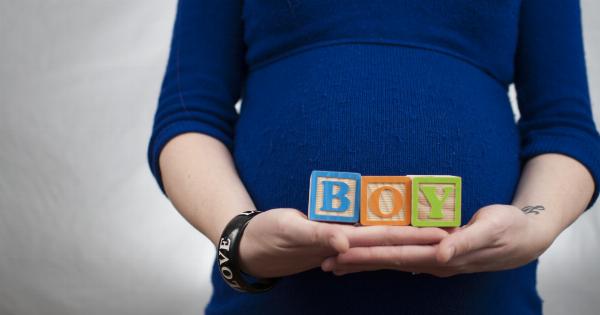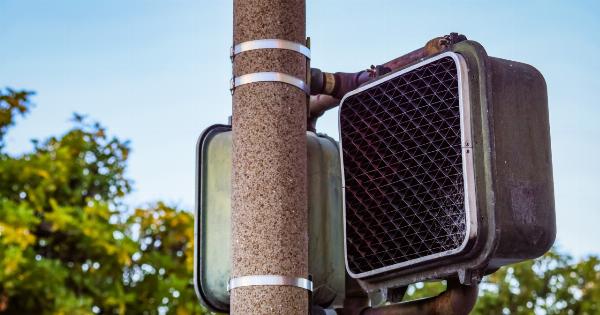Ultrasound technology has improved pregnancy diagnosis and management significantly. One of the most popular reasons for having a prenatal ultrasound scan is to determine the gender of the baby.
Parents to be are always eager to know if they will be having a boy or a girl. But how accurate is ultrasound in determining the baby’s gender?.
How does Ultrasound work?
Ultrasound is a non-invasive diagnostic tool that uses high-frequency sound waves to create an image of the inside of the body. The ultrasound machine sends sound waves into the body and records the echoes as they bounce off the organs and tissues.
These echoes are then analyzed by a computer and transformed into a real-time image.
When can Gender be Determined with Ultrasound?
The earliest that gender can be determined by ultrasound is around 16-20 weeks into the pregnancy. This is the time when your baby’s genitalia are developed enough to be seen by the ultrasound.
Some healthcare providers may also scan earlier, but it can be less accurate.
How Accurate is Ultrasound in Determining the Baby’s Gender?
The accuracy of ultrasound in determining the baby’s gender depends on various factors, including the fetus’s position, the equipment used, the sonographer’s expertise, and the timing of the ultrasound.
According to research, the accuracy rate of ultrasound in determining the baby’s gender ranges from 95% to 99.9%.
: Factors that Affect the Accuracy
: Fetus Position
The baby’s position in the womb can significantly affect the accuracy of the gender determination. If the fetus is in an unfavorable position, it can be challenging to see the genitalia clearly, and the sonographer may make a mistake.
In this case, the accuracy may be low.
: Equipment Used
The equipment also plays a vital role in ensuring accurate results. Modern ultrasound machines are more advanced, making it easy to visualize the genitalia and internal organs clearly.
These machines have higher resolution and image quality, which improves the accuracy rate.
: Sonographer’s Expertise
The sonographer’s expertise and experience are also crucial when it comes to determining your baby’s gender. Experienced sonographers have more knowledge of fetal anatomy and can detect any abnormalities that may affect gender determination.
They can also recognize when it is challenging to determine the gender accurately and inform you of the same.
: Timing of the Ultrasound
The timing of the ultrasound scan also plays a vital role in determining gender. As mentioned earlier, the earliest scan can be done around 16-20 weeks of pregnancy.
Before 16 weeks, the fetus’s genitalia are too small to be seen, making it challenging to determine gender accurately. During the late stages of pregnancy, the fetus’s position can also affect the ultrasound’s accuracy.
: Other Methods to Determine Gender
If you are curious about your baby’s gender and cannot wait until the ultrasound scan, there are other methods that you can use to determine gender.
However, these methods are not as accurate or reliable as ultrasound and are mainly based on old wives’ tales.
: Chinese Gender Predictor
The Chinese gender predictor is a chart that predicts the baby’s gender based on the mother’s age at conception and the month of conception. However, it has a 50-50 chance of being correct, just like flipping a coin.
: Ring Test
The ring test involves dangling a ring over the mother’s belly, and if the ring moves in a circular motion, it’s a girl, and if it moves back and forth, it’s a boy.
: Baking Soda Test
The baking soda test involves adding the pregnant woman’s urine to baking soda. If the mixture fizzles, it’s a boy, and if it remains flat, it’s a girl.
: The Bottom Line
Ultrasound is an accurate and reliable method of determining your baby’s gender. However, there are various factors that can affect the accuracy of the results.
If you are eager to know your baby’s gender, ultrasound is the best and most reliable method of determining the same.






























